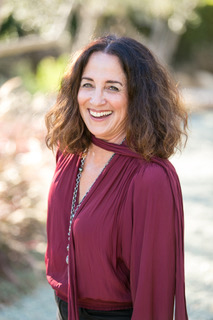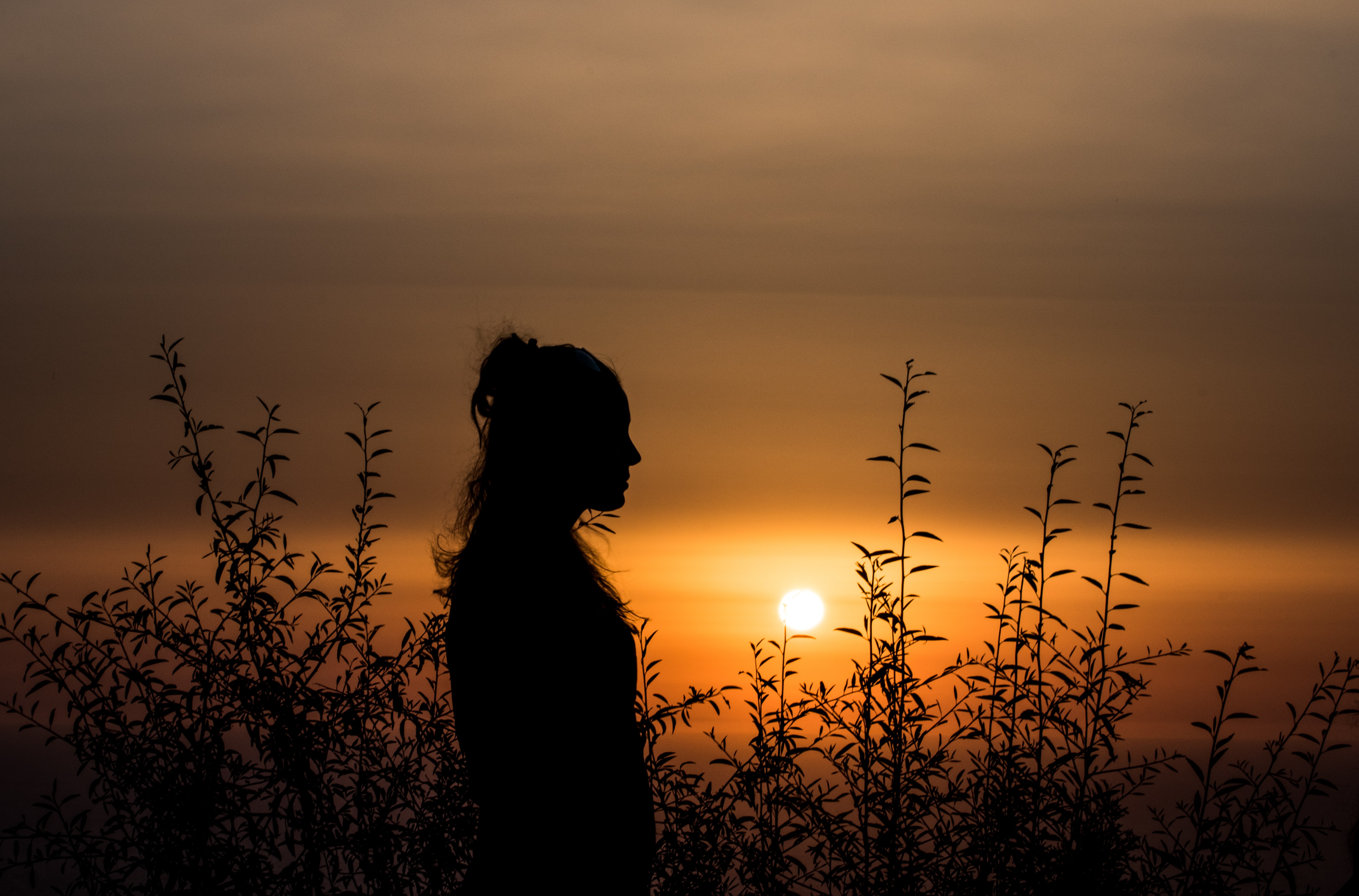Just about everyone experiences loneliness at some point in their lives, but the new directives to stay in place are in many ways leading to another pandemic: one of “loneliness.” While disasters such as hurricanes, earthquakes, fires, and mudslides can bring people together, history has shown that pandemics tend to drive us apart. In his new book, Epidemics and Society, Yale historian Frank Snowden claims that pandemics hold up a mirror to society that reveals both the dark and heroic components of our world. Pandemics also force us to ask questions such as, “What is possible imminent death trying to tell us?” “Where is God in all of this?” and “What is our responsibility to one another?”
Under normal circumstances, loneliness would be something we have some degree of control over, but the COVID-19 pandemic is making us feel as if we have little control over our lives and our feelings of isolation.
Loneliness is particularly prevalent among senior citizens in normal times, and now it’s even more common. My mother, for example, is in an assisted-living facility in New York, and she is under complete lockdown. She can no longer use her walker to take the elevator down to the first-floor dining room for meals. Like all of us, her life has taken on a new “normal.” She’s given her meals and is bathed in her small apartment by masked and gloved staff. Yes, she is lonely, and no, there’s not much that can be done about it right now except talk on the phone, which does help, at least a little. We humans are social creatures who are defined by our social connections, and being isolated from one another can result in serious psychosocial problems. The mental-health ramifications are frightening.
Even before these precautions were put into place, many professionals considered loneliness a public health issue, in the same way that obesity is. The late Dr. John Cacioppo, a psychology professor at the University of Chicago, studied the effects of loneliness for two decades before his passing in 2018. After suffering a near-fatal car crash and having what seemed to be a transformative revelation, he concluded that love and social connections are what really matter in life. He equated loneliness with a type of hunger, noting that establishing social connections is essential for human survival. He also believed that chronic loneliness can increase the incidence of early death.
Although Cacioppo was an advocate of psychotherapy, he claimed that seeing a therapist was in no way a substitute for having friends and forming human bonds. “Loneliness, which compels us to bond with others, gives us what we call Humanity,” he once said.
Most will agree that there’s a difference between being alone and loneliness. Loneliness is something that can occupy the mind and soul but cannot always be cured by having coffee with a friend. It’s a sense of isolation, of feeling apart, or maybe considering oneself “different” from others. Loneliness is an inner experience and tends to be more difficult to “cure.” It might even be a personality characteristic, but often, when lonely people surround themselves with others, they may be able to develop a sense of community. However, there are also those individuals who can be in a room or city full of interesting people and still feel utterly lonely.
For some, reading books and/or hearing the stories of others serves as a good panacea for loneliness. Books or articles don’t necessarily have to be about that topic, of course, but they can be about characters doing things that readers can relate to, which could help them feel less lonely and mitigate feelings of isolation.
There are those who might not be lonely as a rule, but certain life events can trigger these emotions. For example, being told to stay indoors may trigger feelings of grief that are reminiscent of how someone felt after the loss of a loved one.
If you find that you’re experiencing feelings of loneliness, consider adopting an attitude of gratitude, which means reflecting on the positive things in your life. You never know what challenges will arise, but acknowledging everyday miracles, such as the sunrise and sunset, can be very nurturing.
Here are some other ways to help thwart feelings of loneliness during this uncertain time of isolation:
o Schedule regular contact with others, either by phone or video chat. The best gift you can give someone you love is to connect with them in some way.
o Keep in touch with supportive friends and loved ones. Think about those who care about you, and reach out to them. This helps strengthen bonds and also makes you feel more connected.
o Give yourself permission to experience a range of emotions from sadness to joy.
o Make sure to eat and sleep well, which affects your overall well-being. Eating a healthy balance of foods during regular mealtimes is very important.
o Spend time in nature, which can make you feel less alone and more connected.
o Enjoy life’s simple pleasures, such as cooking, reading, and walking.
o Listen to music, and take remote exercise and other types of classes.
o Consider journaling or writing poetry on a daily basis as a way to express your feelings. You might be surprised what emerges when you write. This might be a time when you examine the joy in your life and reminisce about significant people from your past.
o Write a letter or poem to loved ones who have impacted your life. This is an excellent way to connect with others, even if you don’t actually send the writings.
Without a doubt, these are very challenging times, filled with uncertainty. We have no idea how long this situation will last, so the only thing we can do is “lean into it.” It’s a good time to look inward, self-examine, and dream. It’s also an ideal opportunity to remind ourselves that we are human beings, not human doings. Also, it’s important to remember that If there is no darkness at times, then we won’t recognize the light.
References
Brooks, D. (2020). “Pandemics Kill Compassion, Too.” The New York Times. March 12.
Kochanek KD, Murphy SL, Xu JQ, Arias E. (2014). “Mortality in the United States, 2013. NCHS data brief, no 178.” Hyattsville, MD: National Center for Health Statistics. 2014.
Roberts, R. (2018). “John Cacioppo, Who Studied Effects of Loneliness, is Dead at 66.” The New York Times. March 26. Obituaries.
Snowden, F. (2020). Epidemics and Society. Harford, CT: Yale University: Open Yale Course Series (forthcoming May 19).


